To provide the best experiences, we use technologies like cookies to store and/or access device information. Consenting to these technologies will allow us to process data such as browsing behaviour or unique IDs on this site. Not consenting or withdrawing consent, may adversely affect certain features and functions.
The technical storage or access is strictly necessary for the legitimate purpose of enabling the use of a specific service explicitly requested by the subscriber or user, or for the sole purpose of carrying out the transmission of a communication over an electronic communications network.
The technical storage or access is necessary for the legitimate purpose of storing preferences that are not requested by the subscriber or user.
The technical storage or access that is used exclusively for statistical purposes.
The technical storage or access that is used exclusively for anonymous statistical purposes. Without a subpoena, voluntary compliance on the part of your Internet Service Provider, or additional records from a third party, information stored or retrieved for this purpose alone cannot usually be used to identify you.
The technical storage or access is required to create user profiles to send advertising, or to track the user on a website or across several websites for similar marketing purposes.
 A new report from Jobsite claims that almost one in ten (8 percent) non-native workers in the UK have had to leave a job because of a culture clash or they felt they didn’t fit in, and a quarter (23 percent) of those working in multicultural teams feel their workplace has become less accepting towards their non-UK colleagues since the EU Referendum. The survey claims that over a third (35 percent) of non-native workers believe their career progression has been impacted whilst a further 13 percent think they have been overlooked for a promotion due to their cultural background. (more…)
A new report from Jobsite claims that almost one in ten (8 percent) non-native workers in the UK have had to leave a job because of a culture clash or they felt they didn’t fit in, and a quarter (23 percent) of those working in multicultural teams feel their workplace has become less accepting towards their non-UK colleagues since the EU Referendum. The survey claims that over a third (35 percent) of non-native workers believe their career progression has been impacted whilst a further 13 percent think they have been overlooked for a promotion due to their cultural background. (more…)








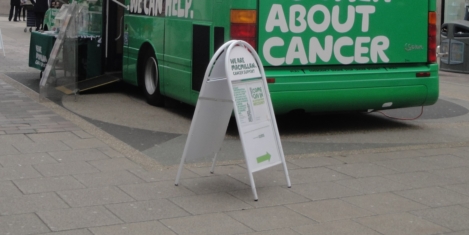
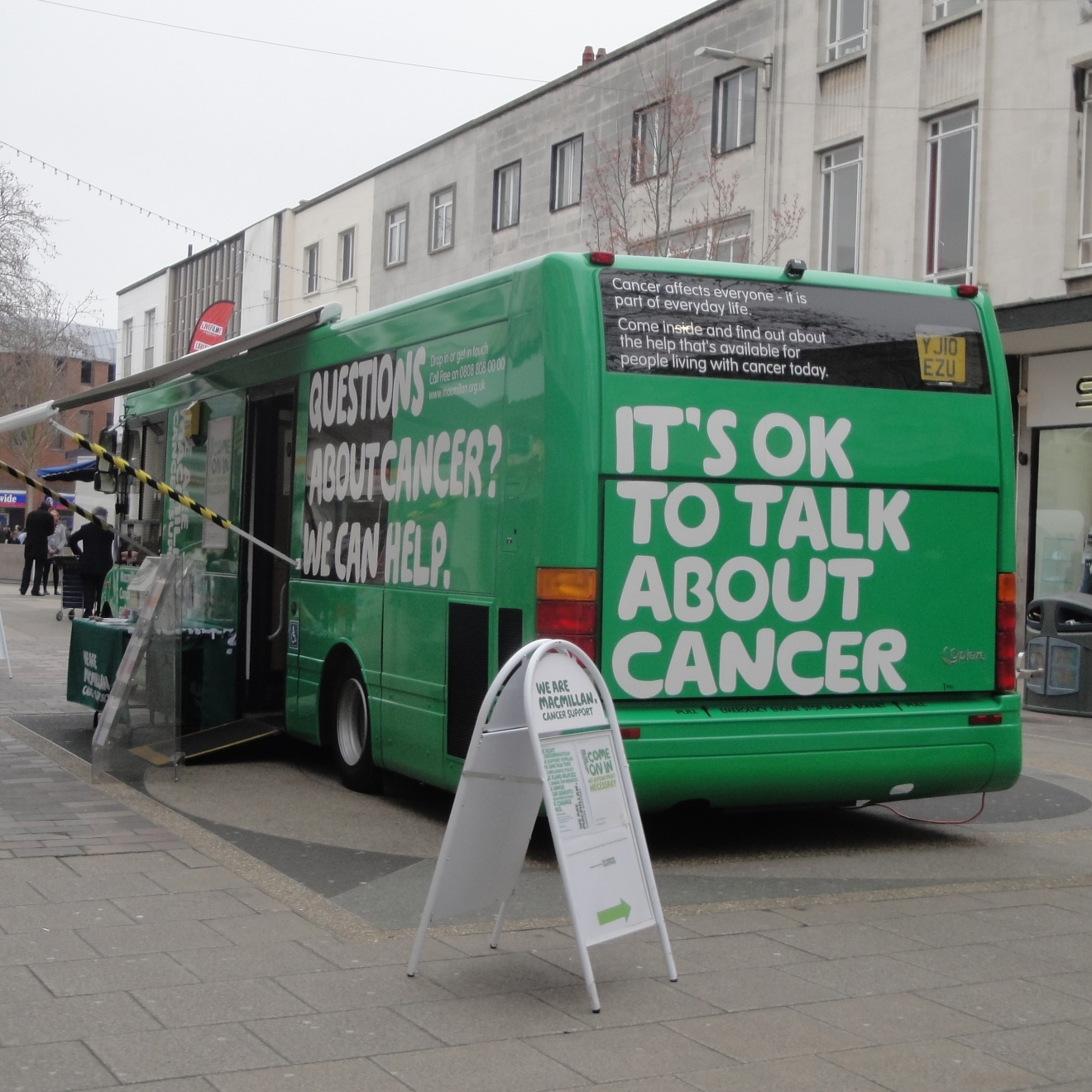


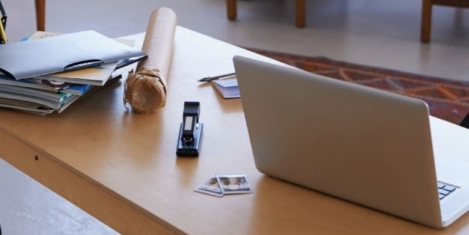
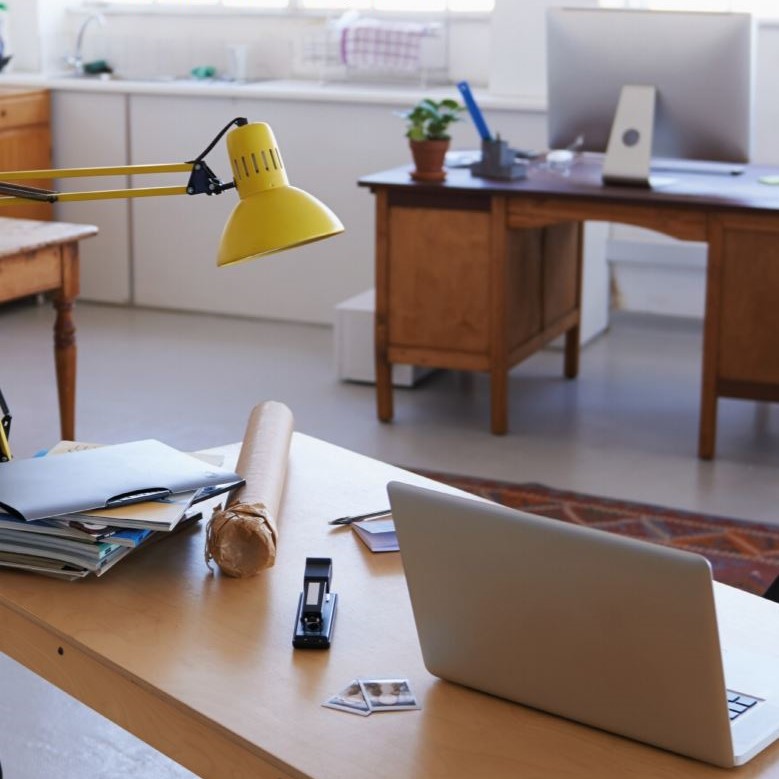

 The number of people in employment in the UK increased by 32,000 to a record high of 32.75 million in the three months to April 2019, according to the latest
The number of people in employment in the UK increased by 32,000 to a record high of 32.75 million in the three months to April 2019, according to the latest 



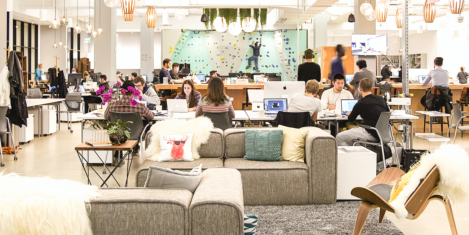
 Over recent years, we have witnessed significant changes when it comes to the workplace. Women are continuing to push through the glass ceiling, offices are starting to look more likes homes and businesses are opting for a more flexible and sociable working environment. This rise in coworking and other forms of flexible office space is just one of the latest trends to emerge from the corporate world, and according to a report by office brokers
Over recent years, we have witnessed significant changes when it comes to the workplace. Women are continuing to push through the glass ceiling, offices are starting to look more likes homes and businesses are opting for a more flexible and sociable working environment. This rise in coworking and other forms of flexible office space is just one of the latest trends to emerge from the corporate world, and according to a report by office brokers 












June 20, 2019
The case for a shorter working week
by Shainaz Firfiray • Comment, Wellbeing